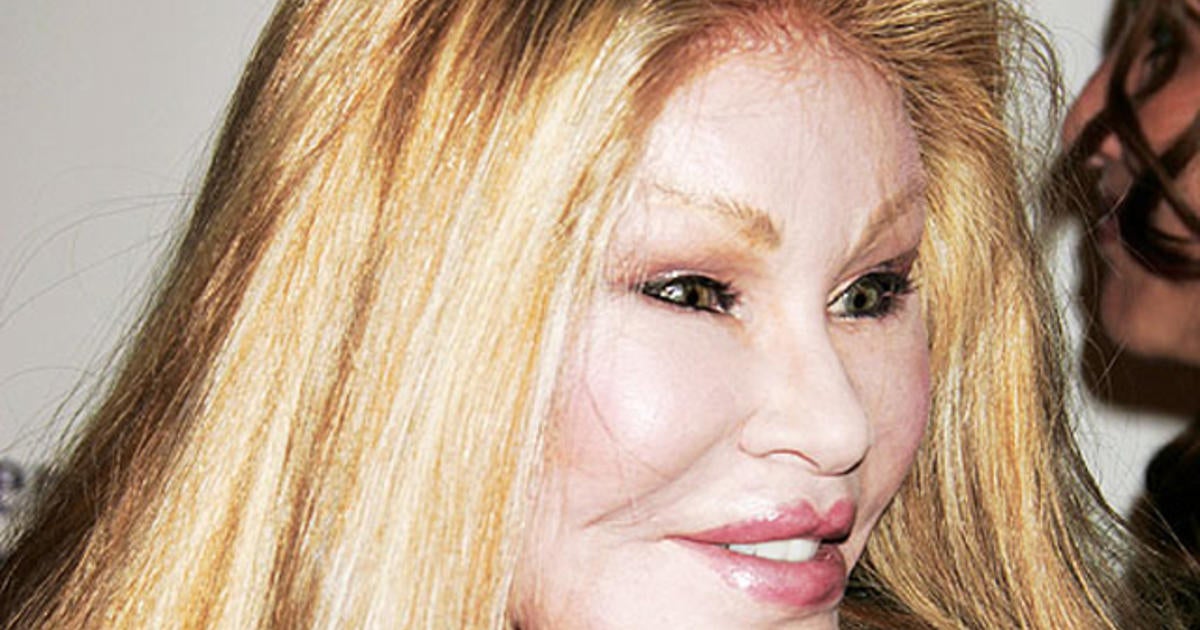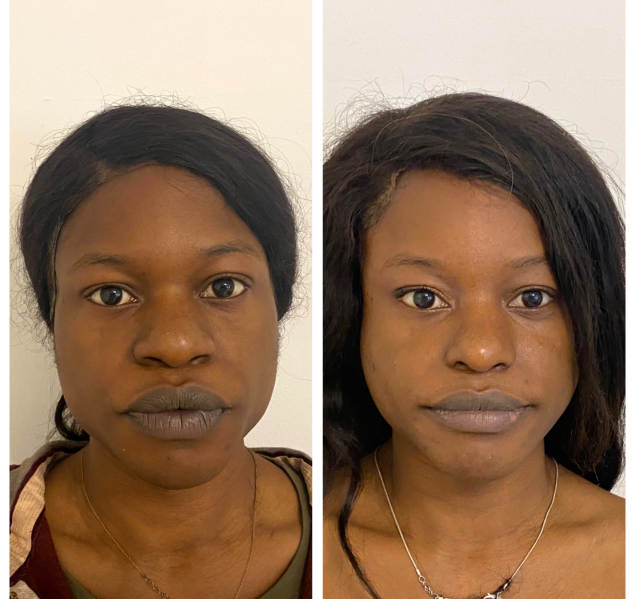Investigating the Mental and Social Variables That Drive People to Take Into Consideration Aesthetic Surgical Treatment as a way of Improvement
The decision to pursue cosmetic surgery often prolongs past mere aesthetic appeals, linking with social and emotional characteristics that merit detailed evaluation. Aspects such as self-confidence, pervasive social charm criteria, and the pervasive influence of social media merge to shape specific inspirations for surgical enhancement.
The Function of Self-confidence
Self-worth substantially affects a person's decision to seek cosmetic surgery. People with reduced self-esteem often view themselves in an adverse light, leading to feelings of insufficiency concerning their physical appearance.

Ultimately, the function of self-esteem in the decision-making procedure pertaining to plastic surgery highlights the complex interaction between body photo, personal satisfaction, and psychological health and wellness. Comprehending this connection is essential for healthcare specialists to make sure that people are making notified decisions rooted in realistic expectations and psychological health.
Social Charm Standards
Influenced by pervasive media representations and social narratives, societal charm requirements play an important role fit people' understandings of their very own bodies. These requirements are frequently identified by an idyllic form of elegance that highlights characteristics such as slimness, proportion, and youthfulness. As these perfects are bolstered through numerous networks, consisting of television, film, and advertising, individuals frequently internalize these messages, leading to discontentment with their all-natural look.
The ramifications of these social standards extend past visual choices; they can influence self-confidence, mental wellness, and interpersonal relationships. People that regard themselves as falling brief of these criteria may experience feelings of inadequacy, prompting a wish for plastic surgery as a way of accomplishing societal approval. This search is commonly fueled by the belief that complying with these ideals will certainly enhance not just physical look however additionally social standing and personal fulfillment.

Impact of Social Network
The impact of social charm requirements is further intensified by the surge of social networks platforms, where curated photos and idyllic depictions of appeal are common. Users are regularly exposed to filtered and modified photographs, which often show unattainable physical features. This exposure grows a society of contrast, leading people to assess their very own appearance against these often impractical criteria.
Social media site influencers and celebs frequently promote aesthetic treatments, normalizing the concept that medical enhancements are a viable means for attaining social ideals (plastic surgery rancho cucamonga). The exposure of these enhancements can develop a perception that undergoing cosmetic surgery is a basic practice, thus influencing people to consider similar interventions as a pathway to boosted self-confidence and social approval
Additionally, the interactive nature of social media permits immediate comments with sort and remarks, further enhancing the wish to comply with popular elegance criteria. Such interactions can exacerbate feelings of inadequacy and drive individuals toward plastic surgery as a way of acquiring validation. Eventually, social media plays a crucial duty in forming assumptions of beauty, which substantially impacts the decision-making procedures bordering cosmetic surgical procedure.

Cultural Viewpoints on Appearance
Across different societies, understandings of appearance are deeply rooted in historic, social, and economic contexts, forming people' sights on beauty and value. In numerous cultures, appearance serves as a substantial marker of identity, affecting social condition, specialist possibilities, and personal relationships. For instance, in some cultures, light skin is usually connected with wide range and advantage, while others might glorify darker complexion as signs of stamina and credibility.
Furthermore, typical charm criteria are typically continued through cultural stories, media depictions, and household affects, bring about differing perfects throughout various regions (plastic surgery rancho cucamonga). In Western societies, the focus on youth and physical health and fitness typically drives people towards aesthetic improvement, while in particular Eastern cultures, even more refined adjustments aligned with traditional aesthetics may be liked
Globalization and the expansion of digital media have actually better made complex these dynamics, developing a hybridization of appeal ideals that goes beyond geographical borders. As people progressively navigate these cultural narratives, the pressure to comply with particular appearance requirements can cause the need for cosmetic surgery, showing a complicated interaction of cultural values and individual goals. Understanding these cultural perspectives is necessary in addressing the inspirations behind plastic surgery factors to consider.
Mental Effects of Aesthetic Surgical Treatment
Numerous individuals looking for cosmetic surgery report experiencing extensive visit homepage psychological influences that can considerably change their self-perception and emotional well-being - plastic surgery rancho cucamonga. The wish for physical improvement usually comes from underlying problems such as low self-worth, body dysmorphic condition, or social stress concerning elegance requirements. For some, the prompt post-operative phase can bring about a momentary increase in confidence and fulfillment with their appearance, cultivating a feeling of empowerment
However, these favorable feelings may not be enduring. Research suggests that while some patients experience enhanced self-esteem, others may deal with increased stress and anxiety or depression if their assumptions are not met. This discrepancy can emerge from impractical perfects bolstered by Continue media representation and cultural narratives surrounding beauty.
In addition, the psychological implications of plastic surgery prolong beyond the person. Relationships with friends and family might be stressed as social dynamics change, bring about sensations of seclusion or alienation. Ultimately, the psychological impacts of cosmetic surgical treatment are multifaceted and complicated, calling for cautious consideration by both possible individuals and doctor to ensure informed decision-making and sensible assumptions.
Final Thought
Finally, the choice to seek cosmetic surgery is dramatically influenced by a mix of self-esteem problems, social charm criteria, and cultural point of views on look. The pervasive reach of social media sites even more exacerbates these stress, promoting unrealistic ideals that people usually strive to obtain. Comprehending these social and psychological elements is vital for resolving the inspirations behind plastic surgery, highlighting the demand for a much more nuanced discussion bordering appeal and self-acceptance in modern culture.
The decision to seek cosmetic surgical procedure usually expands past plain aesthetic appeals, linking Full Report with social and emotional dynamics that merit detailed examination. Inevitably, social media plays a pivotal role in shaping assumptions of appeal, which significantly influences the decision-making procedures bordering cosmetic surgical procedure.
As individuals significantly navigate these cultural narratives, the stress to adjust to details look criteria can lead to the desire for cosmetic surgery, mirroring a complicated interaction of individual desires and cultural worths.In final thought, the decision to seek cosmetic surgical treatment is substantially influenced by a combination of self-esteem concerns, societal beauty requirements, and social perspectives on appearance. Understanding these social and emotional variables is important for addressing the motivations behind cosmetic surgical procedure, highlighting the requirement for a more nuanced conversation surrounding charm and self-acceptance in modern society.